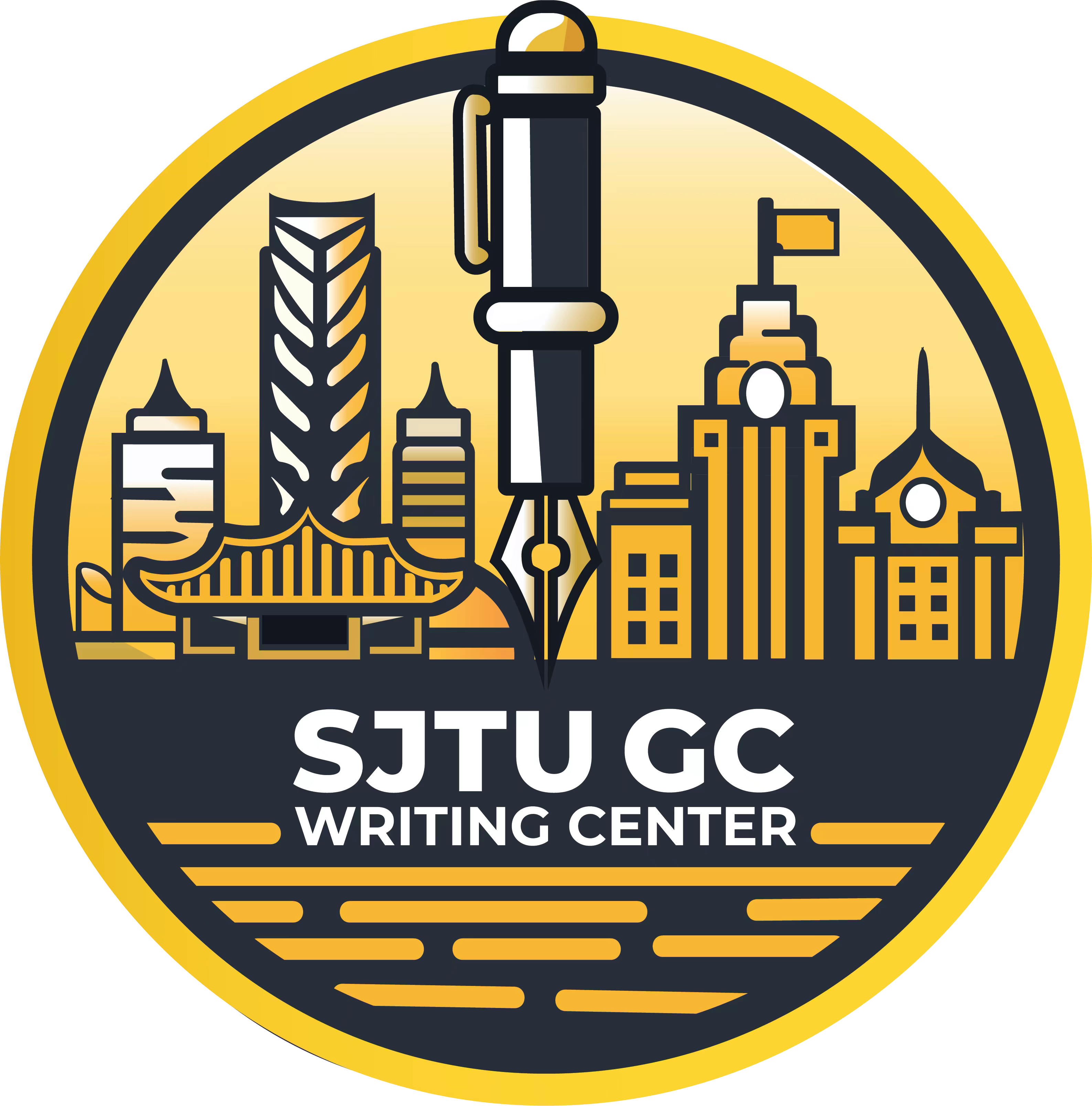Writing a Good Works Cited Page
Introduction
A Works Cited page is where you list all the sources used in your article in a standardized format. It should be after the main text. There are some commonly used work citation formats, such as MLA, APA, Chicago, IEEE, etc. In this article, MLA will be taken as an example, and it is recommended to use MLA in your own article.
MLA
MLA is the most commonly used work citation format within the liberal arts and humanities. When you want to cite your source, some elements should be listed in the following order:
Note that each element should be followed with a corresponding punctuation shown above.
A more detailed introduction on how to write each element correctly is shown below:
The entry should be started with the author’s last name, and each name should be separated with a comma. After listing all the authors’ names, end it with a period.
There are some specific situations when the titles of sources are written differently. A book should be in italic. The title of an individual website or an article in a journal/magazine/newspaper should be in quotation marks, and also ended with a period. In this situation, the parent website or the journal/magazine/newspaper is considered as a “container”, which will be introduced in next part.
A title of container should be in italic and ended with a comma. Besides the containers shown above, TV series can also be containers. And a container may have a larger container, such as a TV series from Netflix. Both the parent and the child container should be in italic.
Other contributors include translators, editors, illustrators, etc.
e.g. Translated by Ryan Thorpe,If the source is from something sequenced in numbers, that number should be included. Most common case is the volume and issue numbers in a journal or the season and episode numbers in a TV series.
e.g. vol. 3, no. 5, season 1, episode 7,List all the publishers, separating them with a slash (/).
If a source is published more than one times, you only need to include the date relevant to your article. But if you are discussing historical context of a source, all the publication date need to be listed.
e.g. 14 Mar. 2025,An essay from a book or a paper from a journal should include the page numbers to tell where it locates. Use “p.” for a single page and “pp.” for multiple pages.
e.g. p. 15, pp. 15-35,Include URL as the location of an online work. Remember to remove “http://” or “https://” before the URL.
Optional Elements
You can also include the date you access the source if it may change when time goes on.
e.g. Accessed 14 Mar 2025.And DOIs can also be located to ensure that the source can be found.
More Tips
- Ensure all sources are listed in alphabetical order.
- When using data bases like Google Scholar, you can click on the “Cite” button to automatically generate the MLA citation.
- You can also use MLA generate tools such as EasyBib https://www.easybib.com. Just fill in the blanks and let it help you. But remember to check all the citations by yourself.
